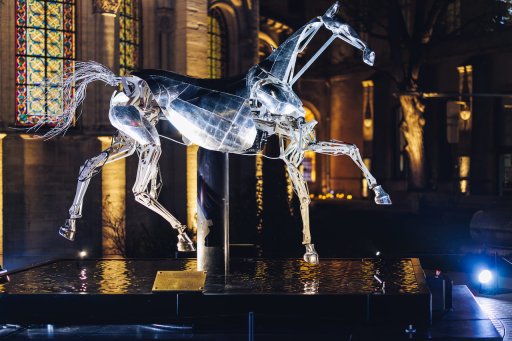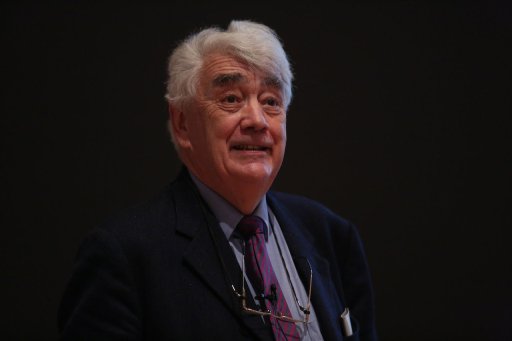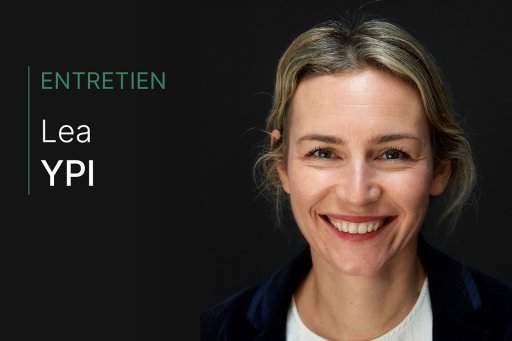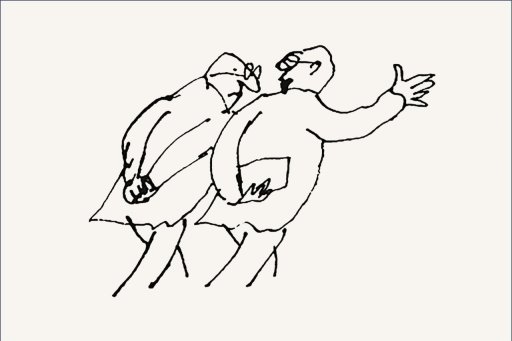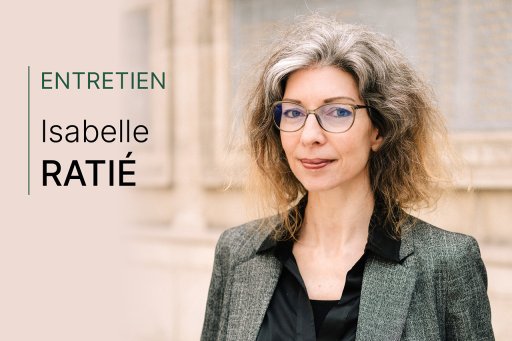"Natures and Cultures in Southeast Asia"
International Workshop at Chiang Mai University
The objective of this international workshop is to explore the relations between societies and their environments in Southeast Asia. Following Philippe Descola's proposition to overcome the western dualism that opposes nature and culture, we will revisit Southeast Asian ethnographic material concerning, in particular, the modes of being and engaging practically and conceptually to the world. In the presence of the French anthropologist, we will question the diversity of natures in the region through the study of the articulations between animisms, Hindu-Buddhist cosmologies and any other forms of connecting the social, ecological and cosmic orders.


